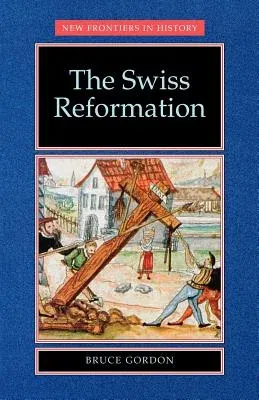Bruce Gordon
(Author)The Swiss Reformation: The Swiss ReformationPaperback, 18 July 2002

Qty
1
Turbo
Ships in 2 - 3 days
Only 2 left
Free Delivery
Cash on Delivery
15 Days
Free Returns
Secure Checkout

Part of Series
New Frontiers
Part of Series
New Frontiers in History (Paperback)
Part of Series
New Frontiers in History Mup
Print Length
392 pages
Language
English
Publisher
Manchester University Press
Date Published
18 Jul 2002
ISBN-10
0719051185
ISBN-13
9780719051180
Description
Product Details
Author:
Book Format:
Paperback
Country of Origin:
US
Date Published:
18 July 2002
Dimensions:
21.44 x
15.85 x
3.05 cm
Genre:
Christian
ISBN-10:
0719051185
ISBN-13:
9780719051180
Language:
English
Location:
Manchester
Pages:
392
Publisher:
Weight:
485.34 gm